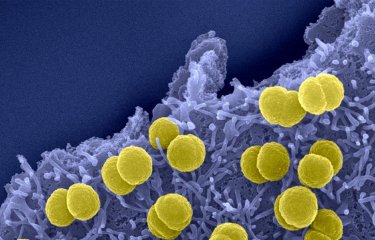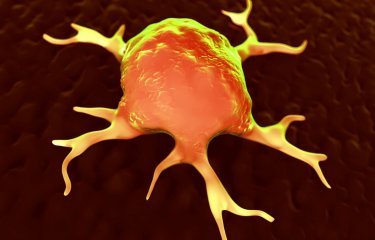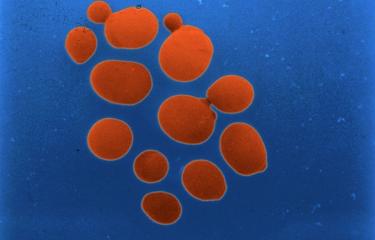The results of a study from researchers from Institut Pasteur illustrate how small non-coding RNAs can act as epigenetic molecules capable of transmitting traits across generation, over and above the information encoded in our genomes. Using the nematode Caenorhabditis elegans they show that the inheritance of small RNAs antisense to histone genes adversely affect the fertility of worms across generations until they become sterile..
PIWI-interacting RNAs (piRNAs) are considered to be the “guardian of the genome” given their ability to repress transposable elements and preserve genome integrity in animal germlines. Mutation in piRNA pathway causes sterility in many animals, including humans. However, in the nematode Caenorhabditis elegans piRNA mutants are initially fertile and become sterile only after many generations. In this study, reseachers have revealed the cause of this transgenerational phenomenon. We show that the transgenerational loss of fertility in piRNA mutants is not caused by de-repression of repetitive elements, as previously thought, but rather by the epigenetic silencing of all the replicative histone genes. Therefore, this study helps to change the current dogma that upregulation of repetitive elements underlies the sterility in piRNA mutants. In addition, they have demonstrated that the transmission of a pool of small RNAs antisense to histone genes into wild-type worms epigenetically affects their fertility. Finally, they have dissected the molecular mechanism by which small RNAs antisense to histone genes are generated and transmitted across generations in piRNA mutants. Overall, their discoveries advance the concept that small RNAs serve as epigenetic molecules that transmit traits across generations.





